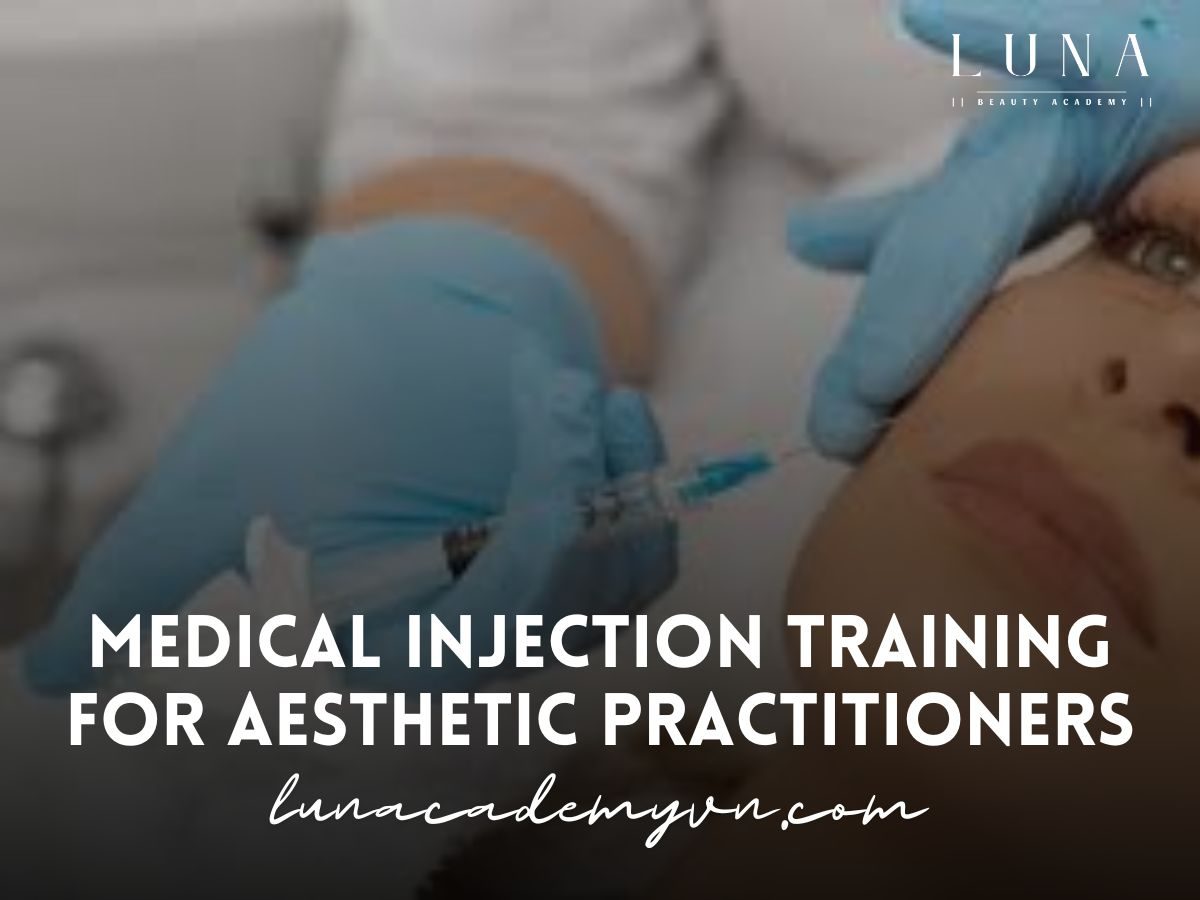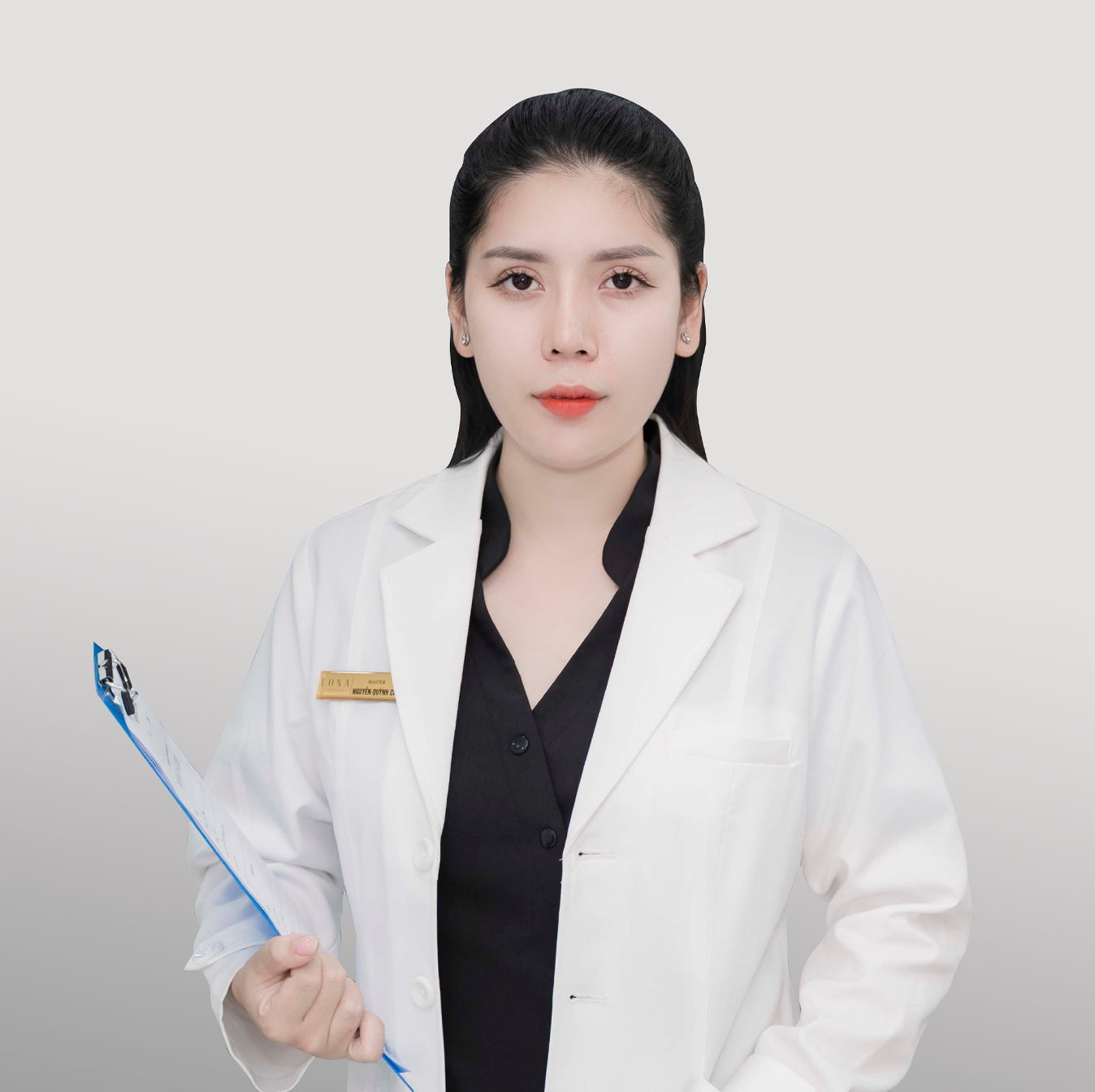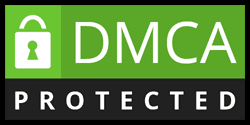In the ever-growing world of aesthetic medicine, medical injectables such as Botox, dermal fillers, and other treatments have become the go-to solutions for non-invasive cosmetic enhancements. These treatments offer patients a youthful appearance, smooth skin, and reduced signs of aging. However, administering medical injections safely and effectively requires more than just basic knowledge; it demands advanced skills, proper technique, and a thorough understanding of facial anatomy. This is where medical injection training comes in.
Whether you’re a physician, nurse, dentist, or another licensed medical professional, undergoing medical injection training is essential for offering high-quality, safe aesthetic treatments. In this blog, we will explore the importance of medical injection training, the benefits it offers, and how it can elevate your career in the cosmetic industry.
Table of Contents
ToggleWhy is Medical Injection Training Crucial?
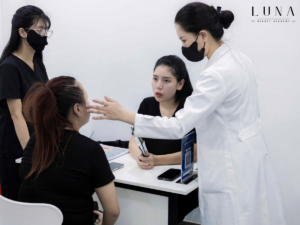
Medical Injection Training for Aesthetic Practitioners
Injectable treatments have become increasingly popular in recent years, with millions of patients seeking Botox, dermal fillers, and other similar treatments worldwide. However, despite the growing demand, injectables carry inherent risks if performed incorrectly. Medical injection training is the foundation for safe and effective treatments, ensuring practitioners are well-prepared to deliver optimal results while minimizing the risk of complications.
Here are a few key reasons why medical injection training is vital for aesthetic practitioners:
1. Patient Safety
One of the primary reasons for medical injection training is to ensure patient safety. Injectables, such as Botox and dermal fillers, are medical procedures that can cause harm if not administered properly. Incorrect injection technique or inaccurate placement can lead to side effects such as bruising, swelling, asymmetry, infection, or more severe complications like vascular occlusion. Proper medical injection training ensures that practitioners understand the correct procedures to minimize such risks, safeguarding patient health and well-being.
Training also provides injectors with the knowledge of handling complications when they arise. Whether it’s recognizing adverse reactions or understanding how to reverse or adjust a procedure, medical injection training is essential in preparing practitioners for any situation.
2. Understanding Facial Anatomy
Administering medical injections, especially in the delicate areas of the face, requires a profound understanding of facial anatomy. The face is complex, with numerous muscles, nerves, arteries, and veins that can be affected by injectable treatments. For example, placing an injection too close to a nerve could result in muscle weakness or paralysis, while injecting into a blood vessel can lead to serious complications.
Medical injection training includes a detailed study of facial anatomy, ensuring that practitioners can identify key landmarks and target specific areas without causing harm. This knowledge is essential for achieving the desired results and avoiding complications.
3. Technique Mastery
The technique used during injections can significantly impact the outcome of the procedure. Whether injecting Botox, dermal fillers, or other substances, it’s essential to have the right skills to perform the procedure with precision. Medical injection training teaches the correct techniques, such as the appropriate depth of injection, the right angle, and the use of the proper equipment. Training programs also teach injectors about how to manage the pressure applied during the injection and how to recognize when to stop.
Practitioners who are skilled in proper injection techniques are more likely to produce natural-looking, smooth results that meet patient expectations, which is critical in building a loyal client base.
4. Minimizing Complications and Side Effects
Although medical injectables are considered relatively safe, complications can arise when they are not performed correctly. Common side effects include bruising, swelling, redness, and bumps, but more serious risks, such as allergic reactions, vascular occlusion, or vision changes, can also occur.
Medical injection training helps practitioners minimize the chances of complications by educating them on the safest practices. Training provides a comprehensive understanding of the injection process and teaches how to troubleshoot potential complications. Practitioners who have undergone rigorous training are better equipped to manage adverse events, ensuring that any side effects are addressed promptly and effectively.
5. Enhancing Confidence and Professionalism
For new injectors or those entering the aesthetic field, medical injection training is a way to gain the confidence needed to perform injectables competently. As an aesthetic practitioner, confidence in your abilities is essential not only for patient safety but also for your professional reputation. Well-trained practitioners are more likely to approach procedures with confidence, which can positively impact patient outcomes.
Patients are more likely to trust practitioners who demonstrate competence and professionalism. Having medical injection training reassures patients that their provider has the necessary skills and knowledge to deliver safe, effective treatments. This trust is invaluable in building long-term relationships with clients.
Key Components of Medical Injection Training
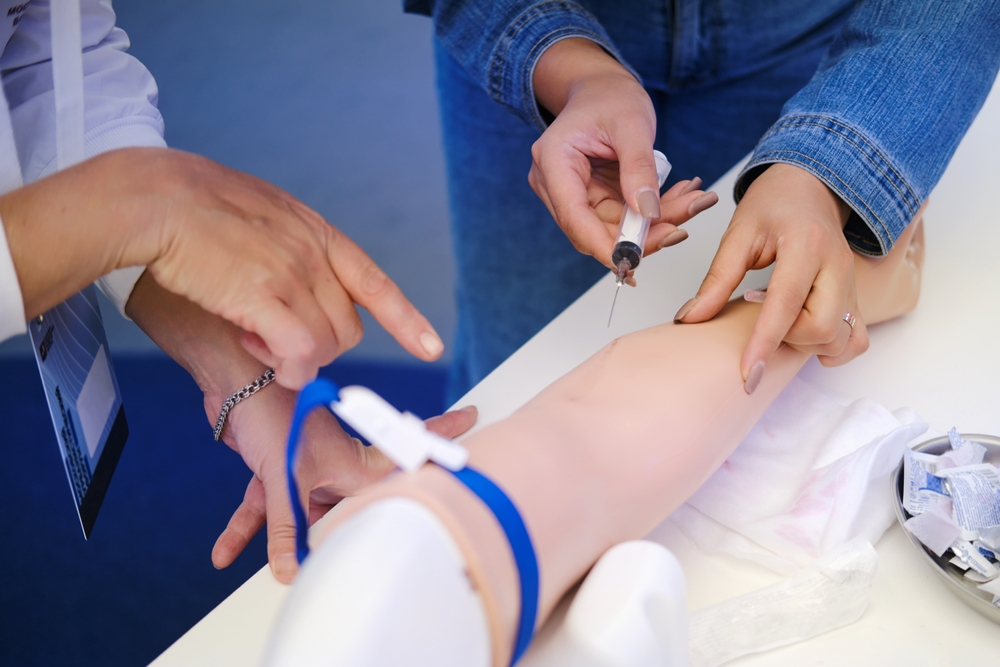
Medical Injection Training for Aesthetic Practitioners
Medical injection training programs vary depending on the type of injectables you wish to administer, but most comprehensive courses cover the following areas:
1. Theory and Medical Knowledge
The first part of most medical injection training courses covers theoretical knowledge, which includes:
- Facial anatomy: Learning the muscles, nerves, blood vessels, and other structures of the face is essential for safe and effective injections.
- Indications and contraindications: Understanding when and why an injectable treatment is suitable, and when it should be avoided.
- Injection techniques: Training on the specific techniques used for different types of injections (e.g., Botox, dermal fillers, etc.).
- Patient assessment: How to evaluate patients and determine their suitability for various injectable treatments.
- Safety protocols: Best practices for infection control, sterilization, and other safety measures to protect both the practitioner and the patient.
2. Practical Hands-On Training
After the theoretical component, medical injection training typically includes practical, hands-on experience. This is a crucial part of the training, as it allows you to practice on models (or real patients, under supervision) and refine your skills. Key aspects of practical training include:
- Injection practice: Administering injectables in real-time, under the guidance of a skilled instructor, to learn proper technique, depth, and angle.
- Complication management: Learning how to recognize and address complications, such as bruising, swelling, or an adverse reaction.
- Patient interaction: Practicing patient communication skills, including explaining procedures, discussing potential risks, and handling patient concerns.
3. Post-Treatment Care
Once the injection is administered, proper aftercare is essential for ensuring the best possible results and minimizing side effects. Medical injection training covers aftercare protocols, teaching practitioners how to guide patients in their post-treatment routines. This may include advice on managing swelling, avoiding certain activities, and knowing when to follow up with the patient.
4. Advanced Techniques and Specializations
After completing basic training, practitioners may choose to pursue advanced medical injection training to specialize in specific treatments or injectables, such as lip fillers, cheek augmentation, or tear trough treatments. Advanced training courses focus on developing expertise in more complex procedures and refining skills to achieve even more natural, sophisticated results.
How to Choose the Right Medical Injection Training Program
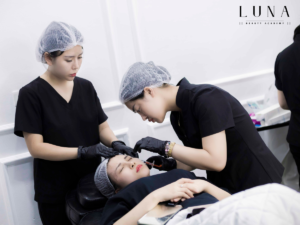
Medical Injection Training for Aesthetic Practitioners
With so many training programs available, it’s important to choose one that fits your goals, needs, and professional background. Here are some factors to consider:
- Accreditation: Ensure that the training program is accredited by a reputable institution or professional body. This ensures that the training meets industry standards.
- Instructor expertise: Look for courses led by experienced injectors who have a solid track record of performing injectable treatments successfully.
- Hands-on practice: A good training program should offer plenty of hands-on experience, allowing you to develop and refine your injection skills under expert supervision.
- Course content: Check that the course covers essential topics, such as facial anatomy, safety protocols, and complications management.
- Support and resources: Opt for a program that offers ongoing support, such as mentorship or access to additional educational resources, to help you continue developing your skills.
Conclusion
Medical injection training is an indispensable investment for any practitioner looking to offer injectable treatments safely and effectively. Whether you’re just starting out or looking to enhance your skills, proper training is crucial for ensuring patient safety, achieving optimal results, and building a successful career in aesthetic medicine.
By undergoing medical injection training, you will gain the confidence and expertise needed to perform treatments with precision, minimize the risk of complications, and provide your patients with the beautiful, natural results they desire. Take the next step in your aesthetic career by enrolling in a reputable medical injection training program today. Your patients—and your practice—will thank you for it.
Contact us via other platforms if you have any questions or requests that need to be answered quickly.
Tiktok: www.tiktok.com/@lunabeautyacademy6
Hotline: 034 254 0228
Email: lunabeautyacademy@gmail.com
Address: No. 29, Alley 140/1/2, Lane 140 Nguyen Xien, Thanh Xuan, Hanoi
Luna wishes you success and hopes you will have the best experiences at the academy. If you need advice or answers about anything, please leave your Contact Information With Us, the Luna team will contact you soon. Thank you for reading this article.

